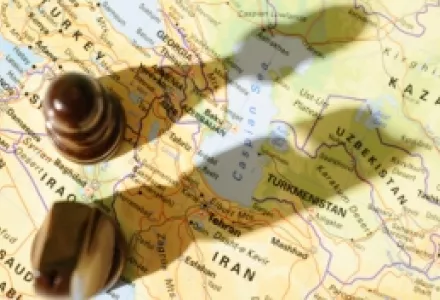Foreign policy production is directly linked to the ability of the state to project power internally. As a colonized state in the immediate post-war era, Iraq's foreign policy was subsumed into that of the colonizing power.
After the birth of Iraq's constitution and electoral system, the Iraqi state recaptured a degree of sovereignty, but grappled with extraordinary state weakness. The state failed to secure a monopoly over internal violence, was unable to provide basic services, and struggled to project a narrative of state that resonated with Iraq's major ethno-sectarian enclaves. In this phase, Iraq was deeply penetrated by external actors who were using Iraq as a proxy in the pursuit of wider regional and international goals. Iraq's political factions were also desperately pursuing foreign support to deploy in the struggle for internal political objectives. At this time, neither the colonizer nor the elected government exercised anything like monopoly over "Iraqi" foreign relations, but rather they competed with militias and violent political groups to seduce foreign actors in the hope that they could change the internal balance of power in Iraq.
Since the U.S. troop surge, Prime Minister Nouri al Maliki has been increasingly acting as a strongman figure — building up a massive internal security force and demonstrating a willingness and ability to crush non-state violence. As Maliki's grip over an increasingly rentier state tightens, his ability to project a single Iraqi foreign policy has strengthened, and with increasing confidence, he is beginning to turn his attention to regional affairs. Iraq's big remaining challenge is that it fails to articulate and execute government in a way that resonates with Kurdish and Sunni communities. Maliki's increasingly militaristic and confrontational approach, however, signals Iraq's transformation into a fierce state with an increasingly unified and centralized foreign policy.
Please join us! Coffee and tea provided. Everyone is welcome, but admittance will be on a first come–first served basis.




